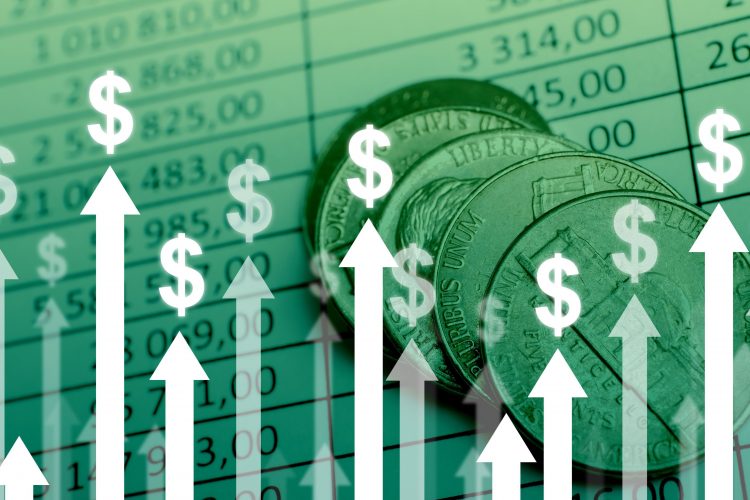The Consumer Price Index (CPI), an inflation gauge measuring goods and services costs across the U.S. economy, was unchanged in May on a seasonally adjusted basis, after rising 0.3% in April, the U.S. Bureau of Labor Statistics reported June 12.
After hitting a 40-year high of 9.1% in June 2022, inflation has slowed. But after much progress in the fall, price increases have become more volatile. The new result is neutral for a potential Federal Reserve rate cut.
More than offsetting a decline in gasoline, the index for shelter rose in May, up 0.4% for the fourth consecutive month. The index for food increased 0.1% in May. The food away from home index rose 0.4% over the month, while the food at home index was unchanged. The energy index fell 2% over the month, led by a 3.6% decrease in the gasoline index.
“Inflation is moving in the right direction, but it is not quite at the point for the Fed to cut interest rates,” said National Association of REALTORS® Chief Economist Lawrence Yun. “Core inflation decelerated to 3.4%, its slowest gain in three years. The target is 2% inflation. The recent peak inflation rate of 9% two years ago was a shocker, precipitating the aggressive interest hike policy by the Fed.
Yun continued, “The central bank can reverse that policy as better inflation figures continue in the upcoming months. The shelter component is the heavyweight driver, and it was up 5.4%; still high, but the slowest gain in two years. The non-official private sector data points to rising apartment vacancy rates from temporary oversupply, and rents are essentially showing no increases. So, official consumer price inflation, with a lag time, no doubt has more room to slow down. The timing of the first rate cut is uncertain. But the longer-term outlook is for the Fed to cut interest rates six to eight rounds by the end of next year. Home prices will remain solid, and home sales will pick up, especially in regions with rising inventory.”
Realtor.com® Chief Economist Danielle Hale added that “One key area to examine is shelter inflation—an index influenced largely by rental trends. In May, we saw disinflation, or slowing from April’s 5.5% annual increase in the CPI Shelter index to a reading of 5.4%, the lowest since May 2022. However, the monthly change in shelter CPI was 0.4%, higher than is ideal. Because it is a large component of the typical household budget and because it is still growing at a faster rate than overall prices, the shelter index will continue to be a major driver of both overall and core inflation.”
“Looking ahead, ongoing asking rent declines suggest that additional easing in shelter inflation is likely in the next few months,” Hale continued. “But shrinking rent declines point to a potential reversal of this trend in the medium term that could cause disinflation to stall. If inflation gets to the 2% target before this stall, the Fed can celebrate a job well done, but if inflation remains above target, it will complicate the Fed’s policy calculus moving forward and will make addressing the substantial housing shortage that much more important.”
The index for all items less food and energy rose 0.2% in May, after rising 0.3% the preceding month. Indexes which increased in May include shelter, medical care, used cars and trucks, and education. The indexes for airline fares, new vehicles, communication, recreation and apparel were among those that decreased over the month.
The all items index rose 3.3% for the 12 months ending May, a smaller increase than the 3.4% increase for the 12 months ending April. The all items less food and energy index rose 3.4% over the last 12 months. The energy index increased 3.7% for the 12 months ending May. The food index increased 2.1% over the last year.












